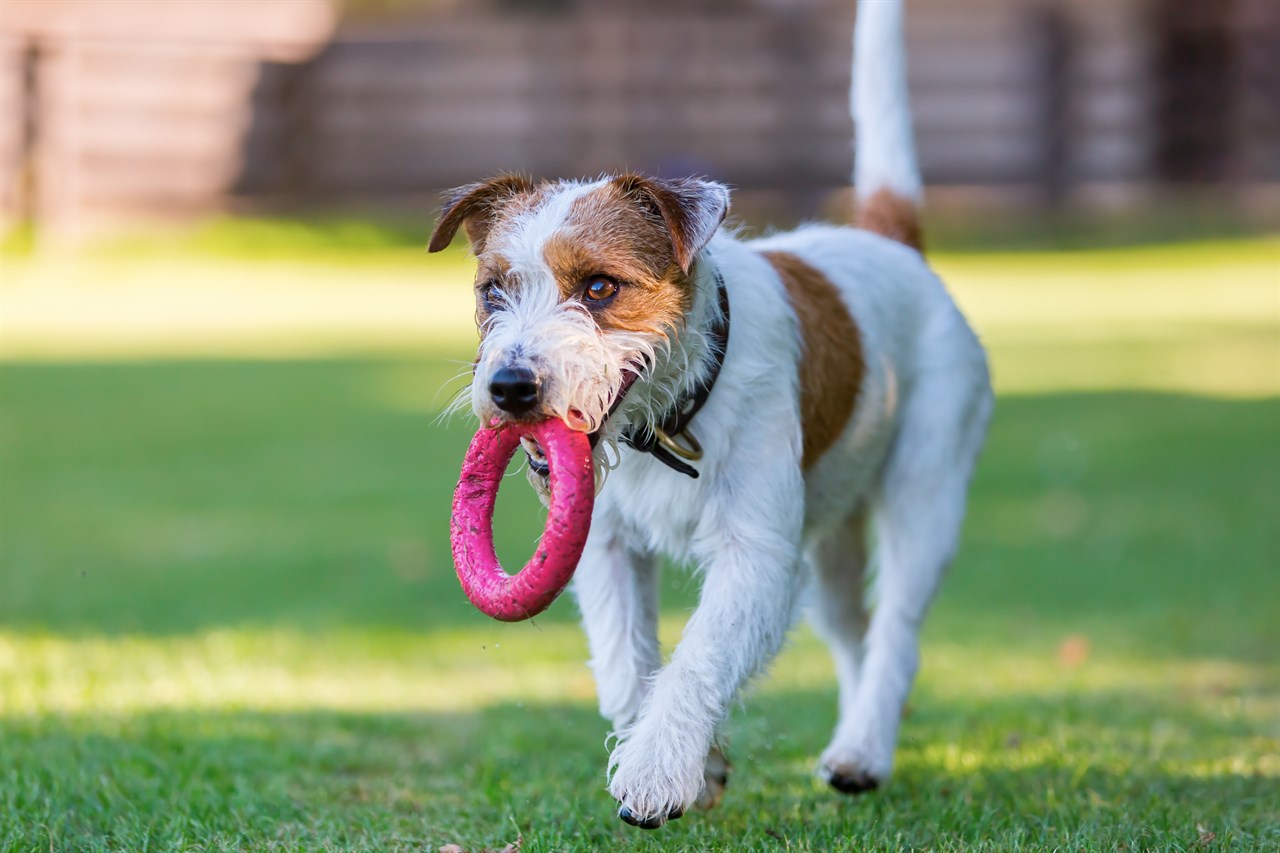Feeding Habits and Food Requirements of the Parson Russell Terrier

Feeding your Parson Russell Terrier a balanced diet is essential to ensure their health and well-being. Here are some guidelines and considerations for their feeding habits and food requirements.
Age and Life Stage
Parson Russell Terriers have different dietary needs at various life stages. Puppy, adult, and senior Parson Russells require different types and amounts of food. Consult with your veterinarian to determine the best feeding plan for your dog's age and activity level.
High-Quality Dog Food
Choose a high-quality commercial dog food that is appropriate for your Parson Russell's age and size. Look for brands that list a quality source of animal protein as the primary ingredient.
Portion Control
Be mindful of portion sizes to prevent overfeeding, which can lead to obesity. Follow the feeding guidelines provided on the dog food packaging, but adjust based on your dog's specific needs.
Meal Frequency
Adult Parson Russell Terriers typically do well with two meals a day, while puppies may require more frequent feeding. Avoid free-feeding, where food is left out all day, as it can lead to overeating.
Avoid Table Scraps
Refrain from feeding your Parson Russell Terrier table scraps, as many human foods can be harmful to dogs. Stick to a consistent and nutritious dog food diet.
Fresh Water
Ensure your dog has access to clean, fresh water at all times. Hydration is essential for their overall health and digestion.
Special Dietary Needs
Some Parson Russell Terriers may have food allergies or sensitivities, so monitor for signs of digestive issues, skin problems, or allergies. Consult with your veterinarian if you suspect dietary issues and consider hypoallergenic or limited-ingredient diets if needed.
Weight Management
Maintaining a healthy weight is crucial for Parson Russell Terriers. If your dog becomes overweight, work with your veterinarian to create a weight management plan that includes portion control and regular exercise.
Avoiding Bloat
Parson Russell Terriers, like many small breeds, may be prone to bloat (gastric torsion), a life-threatening condition. To reduce the risk of bloat, avoid feeding your dog immediately before or after vigorous exercise and consider using elevated food bowls.
Special Considerations for Working Dogs
If your Parson Russell Terrier is a working dog or participates in dog sports, they may have higher energy requirements. Consult with your veterinarian to adjust their diet accordingly.
Dental Care
Dental health is vital for all dogs, including Parson Russells. Consider providing dental chews or brushing your dog's teeth regularly to prevent dental issues.
Feeding your Parson Russell Terrier a balanced and appropriate diet is essential for their health and longevity. Regularly monitor their weight, adjust their food portions as needed, and consult with your veterinarian for guidance on their specific dietary requirements. By providing proper nutrition, you can help your Parson Russell Terrier lead a healthy and happy life.
Parson Russell Terrier puppies for sale
- Find Parson Russell Terrier puppies for sale in ACT
- Find Parson Russell Terrier puppies for sale in NSW
- Find Parson Russell Terrier puppies for sale in NT
- Find Parson Russell Terrier puppies for sale in QLD
- Find Parson Russell Terrier puppies for sale in SA
- Find Parson Russell Terrier puppies for sale in TAS
- Find Parson Russell Terrier puppies for sale in VIC
- Find Parson Russell Terrier puppies for sale in WA